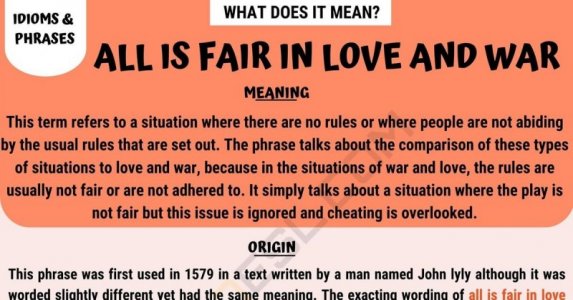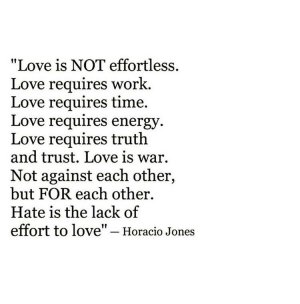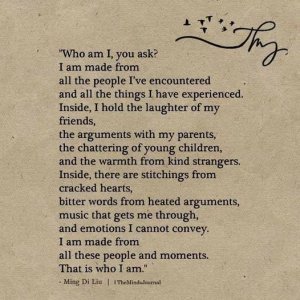grahamg
Old codger
- Location
- South of Manchester, UK
I'm not sure whether folks will agree with me on this one but I think it important to "respect boundaries in interpersonal relationships".
These can be very small things, like not raising subjects you're aware the other person feels uncomfortable talking about, like sport or some other subject you've disagreed about previously. I admit though this category can sometimes include very meaningful issues too, like telling someone you love them, (when someone doesn't want this said to them, trust me this does happen!).
Then there's large issues like politics, or some other national issue, or of course religion, (if that's a particularly sensitive subject in someone's household).
However, other boundaries you might foolishly cross or cross without thinking include speaking to someone who simply needs some space, "a bit of peace and quiet", and if the individual bombarding the other party has made a habit of this, then whoever it is whose boundaries have not been respected may be particularly sensitive about this already.
It is understandable to wish to try to talk to someone who is being a bit quiet or withdrawn, and its very likely you might feel uneasy in their presence if you dont speak, but speaking isn't always the answer. I had a very well meaning aunt, who had been a wonderful first school teacher, and was very good hearted, and she used to repeat and repeat to my mother that she must keep talking, but when it came to one of her own daughters she couldn't stop putting her foot in it or pushing her daughter too hard, and much trouble ensued, (though not all the mothers fault of course).
An ability to communicate is of course crucial in a marriage, and when this breaks down the marriage will probably soon fail if it isn't sorted out, but even here a period of reflection, or a bit of assistance can sometimes make all the difference perhaps.
There we have it, "boundaries", what do you think?
These can be very small things, like not raising subjects you're aware the other person feels uncomfortable talking about, like sport or some other subject you've disagreed about previously. I admit though this category can sometimes include very meaningful issues too, like telling someone you love them, (when someone doesn't want this said to them, trust me this does happen!).
Then there's large issues like politics, or some other national issue, or of course religion, (if that's a particularly sensitive subject in someone's household).
However, other boundaries you might foolishly cross or cross without thinking include speaking to someone who simply needs some space, "a bit of peace and quiet", and if the individual bombarding the other party has made a habit of this, then whoever it is whose boundaries have not been respected may be particularly sensitive about this already.
It is understandable to wish to try to talk to someone who is being a bit quiet or withdrawn, and its very likely you might feel uneasy in their presence if you dont speak, but speaking isn't always the answer. I had a very well meaning aunt, who had been a wonderful first school teacher, and was very good hearted, and she used to repeat and repeat to my mother that she must keep talking, but when it came to one of her own daughters she couldn't stop putting her foot in it or pushing her daughter too hard, and much trouble ensued, (though not all the mothers fault of course).
An ability to communicate is of course crucial in a marriage, and when this breaks down the marriage will probably soon fail if it isn't sorted out, but even here a period of reflection, or a bit of assistance can sometimes make all the difference perhaps.
There we have it, "boundaries", what do you think?




